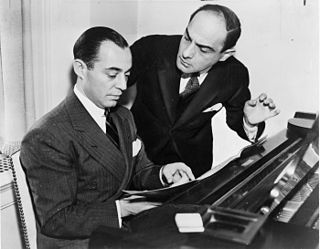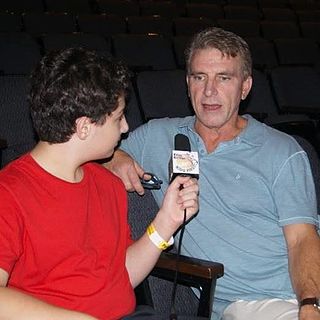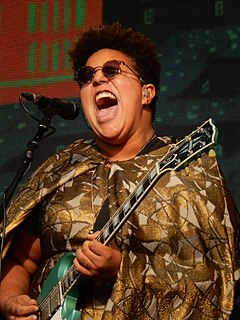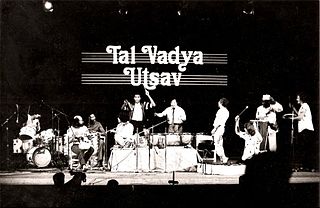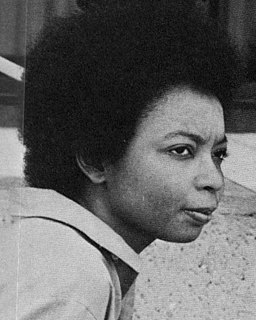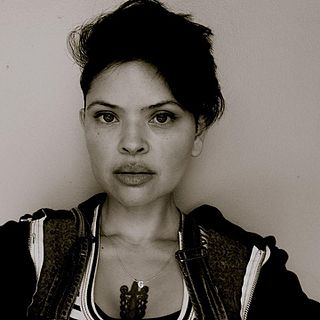A Quote by Lorenz Hart
I'm a great believer in conversational rhythm. I think in terms of rhythmic dialogue. It's so easy, you can talk naturally. It's like peas rolling off a knife. Take the great screen actors and actresses, Bette Davis, Eddie Robinson, Jimmy Cagney, Spencer Tracy. They all talk in rhythm. And rhythm and movement are the life of the screen.
Related Quotes
All life requires a rhythm of rest. . .
There is a rhythm in the way day dissolves into night, and night into morning. There is a rhythm as the active growth of spring and summer is quieted by the necessary dormancy of fall and winter. There is a tidal rhythm, a deep, eternal conversation between the land and the great sea.
I love Jimi Hendrix obviously, and Jimmy Page and Prince. And also Elvis Presley is a really great guitar player. I don't think he ever took lessons; he was piecing it together himself. But he has great rhythm. And rhythm, to me, you can use it to your advantage if you're not all over the fretboard.
Whether I'm performing or directing, I'm aways thinking about rhythm; sometimes it's nailing the right rhythm, and sometimes it's intentionally breaking the rhythm. Those two things are what make something funny or not. How long a shot is and where you put the camera are all part of that rhythm of directing.
I see things in hardcopy that I miss if I only see words on screen. I do get sick of the words, but I like to see everything spread out because I get a sense of scale that is missing from screen. Going over each sentence many, many, many times gives me incredible intimacy with sentences, especially their rhythm. The rhythm and music of words matter a lot to me and it only takes one misplaced word to spoil the music.
